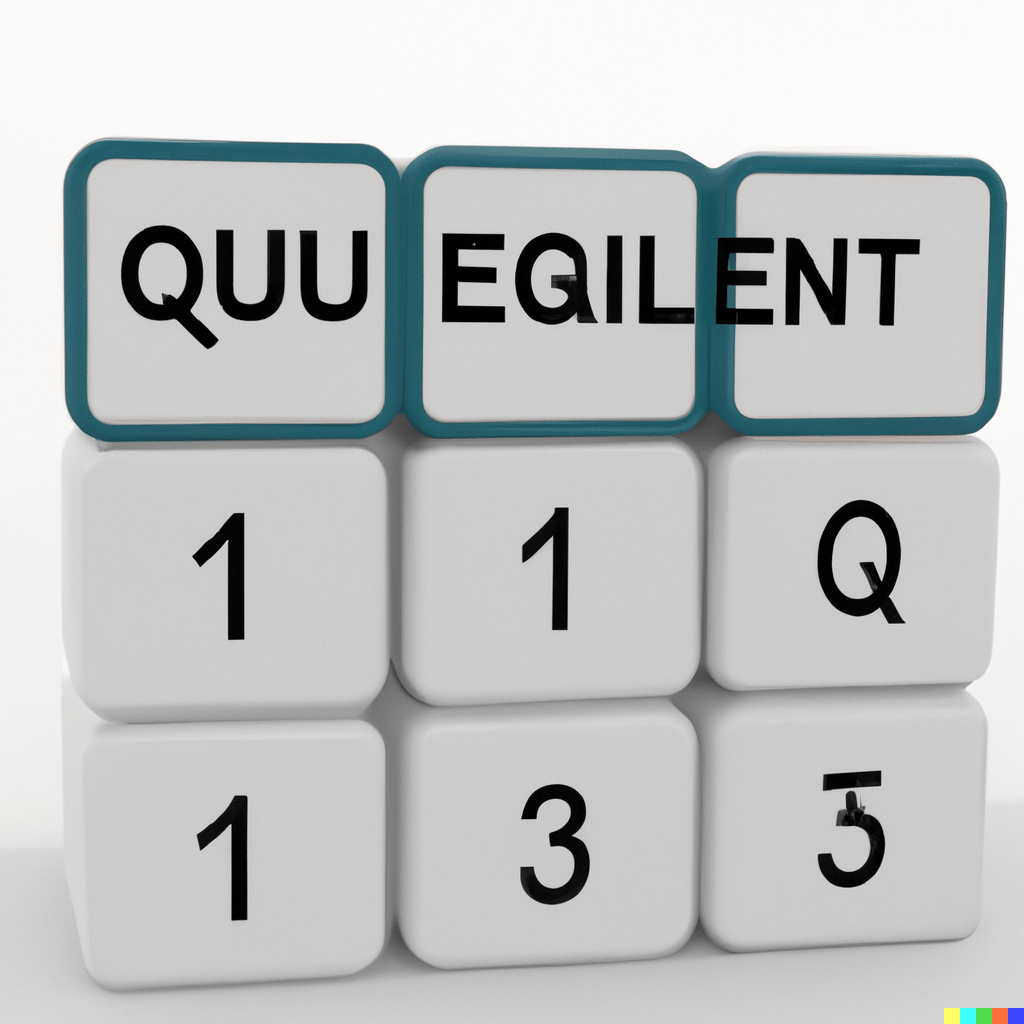Understanding Intelligence Quotient (IQ)
Intelligence quotient, or IQ, is a measure of cognitive abilities and intellectual potential. It is often used to evaluate an individual’s ability to think, reason, and solve problems. But what exactly does IQ measure, and how is it determined?
What is Measured by IQ Tests?
IQ tests typically measure a variety of cognitive abilities, including:
- Verbal reasoning: The ability to understand and analyze written language
- Numerical ability: The ability to work with numbers and mathematical concepts
- Spatial ability: The ability to understand and manipulate visual information
- Perceptual speed: The ability to quickly and accurately process information
- Short-term memory: The ability to hold and recall information in the short-term
How is IQ Determined?
IQ is determined by administering a standardized test, such as the Wechsler Adult Intelligence Scale (WAIS) or the Stanford-Binet Intelligence Scale. These tests are designed to be administered to a large, diverse group of people in order to establish a “normal” distribution of scores. The scores are then used to place an individual within a certain range of intelligence.
IQ scores are typically reported as a single number, with an average score of 100 and a standard deviation of 15. This means that about 68% of the population scores between 85 and 115, while about 95% of the population scores between 70 and 130.
Limitations of IQ Testing
It’s important to note that IQ tests are not the be-all and end-all of intelligence. While they can provide valuable information about an individual’s cognitive abilities, they do not take into account other important factors such as creativity, emotional intelligence, or practical skills. Additionally, there are concerns about the cultural bias and predictive validity of IQ tests, which can lead to inaccurate or unfair results for certain groups of people.
Conclusion
In conclusion, IQ is a measure of cognitive abilities and intellectual potential, but it is not the only indicator of intelligence. It is determined by administering a standardized test, and it is important to consider it along with other factors such as creativity, emotional intelligence, and practical skills. Additionally, it is important to be aware of the limitations and potential biases of IQ testing.
